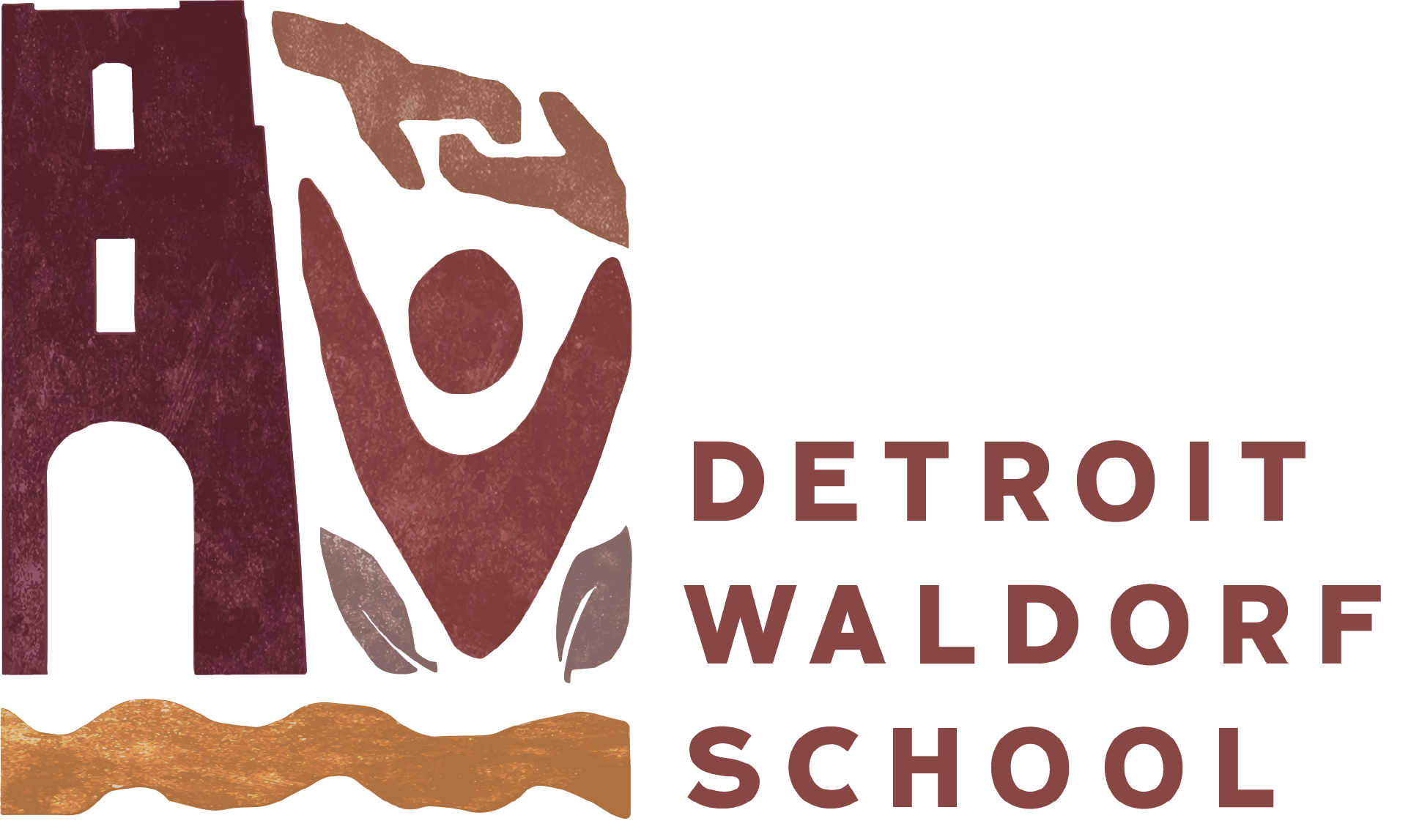The culmination of the class journey to the 8th grade year in a Waldorf school is a special one with the hope that when the students step beyond the school gates into a larger world, they do so with confidence, ready for an ever-changing world.
Read MoreIt’s been six weeks and counting since the Stay at Home mandate from Michigan Governor Gretchen Whitmer closed schools to protect public health during the COVID-19 pandemic. As a Waldorf school devoted to a pedagogy that focuses on hands-on, experiential and immersive learning to stimulate creativity and promote imagination, learning at home and through video or online experiences is not exactly what we had in mind.
Read MoreDue to the COVID19 pandemic and the need to reduce public gatherings to prevent the spread of this virus, we, like all schools in Michigan and most across the nation, have taken our learning to the digital classroom, and adapted in short order for our new circumstances.
Read MoreStories are an essential and foundational element of human experience. From the day we are born, we are part of stories and we yearn to hear stories of adventures, journeys, emotions, and experiences.
Read MoreMost students enjoy art and music, and when we incorporate these activities into academic learning, children come away with a feeling that learning is fun and school is a good place to be. Humans are intrinsically artistic and musical. Some of us may be more talented in one regard or another, but we all seek to create.
Read MoreThe journey of a Waldorf student can best be represented in their reactions to handwork. While not all students experience the same range of emotions related to this special subject taught in Waldorf schools around the world, many begin by falling in love with the rhythm and flow of finger-knitting, move on to eagerly clacking knitting needles in the back seat of the car or on the living room couch and eventually, usually in middle school, wonder why they’ll ever need the skills from handwork class in life.
Read MoreEvery year, there is a time when each class in grades 1 through 8 stops the regular routine of main lesson blocks and immerses in preparation for a class play. It is an essential part of Waldorf education that we call pedagogical drama, because the plays specifically relate to the content of the Waldorf curriculum through the grades.
Read MoreWe talk about wanting children to be creative, imaginative, learn how to problem-solve and take ownership of their direction in life. In many fields where vision is needed these skills present opportunities for discovery, to be the first to come upon an idea or a way of approaching a challenge.
Read MoreWe talk about wanting children to be creative, imaginative, learn how to problem-solve and take ownership of their direction in life. In many fields where vision is needed these skills present opportunities for discovery, to be the first to come upon an idea or a way of approaching a challenge.
Read MoreOn September 19th, Waldorf education marked 100 years since it began in Stuttgart, Germany. More than 1,100 schools and nearly 2,000 Waldorf kindergartens in more than 80 countries marked the day with celebrations, chalk drawings, singing, video and more – and for months, we have all been connected on social media as we share images of this powerful approach to educating our young.
Read MoreThe eighth grade projects mark the passage from where students have been, from elementary school into middle school and about to move on to high school. At this crucial age when they are beginning to define themselves and who they want to be, they are asked to define an interest of theirs and try to find a mentor in the community that they can work with.
Read MoreOf the many wonderful aspects of Waldorf education, the class trip is one of my favorite events for many reasons. It builds a tighter bond among students and classroom parents, brings real-world experiences into the curriculum and provides the opportunity to deepen our relationship with nature while removing ourselves from the fast-paced technological world of today.
Read MoreOne of the most persistent myths about Waldorf Education is that children are not taught to read until “later,” usually meaning about the third grade.
Read MoreThis month, as parents start to plan for the next school year, questions of school readiness arise. Mostly, parents wonder if their children are ready to advance to the next grade.
Read MoreThe Seventh Grade was immersed in a creative writing block where through simple observations, students found the beauty of the natural world surrounding them.
Read MoreRyan Gumbleton preserves the creativity and adventure of childhood in extended care, break camps, and summer camps.
Read More



















